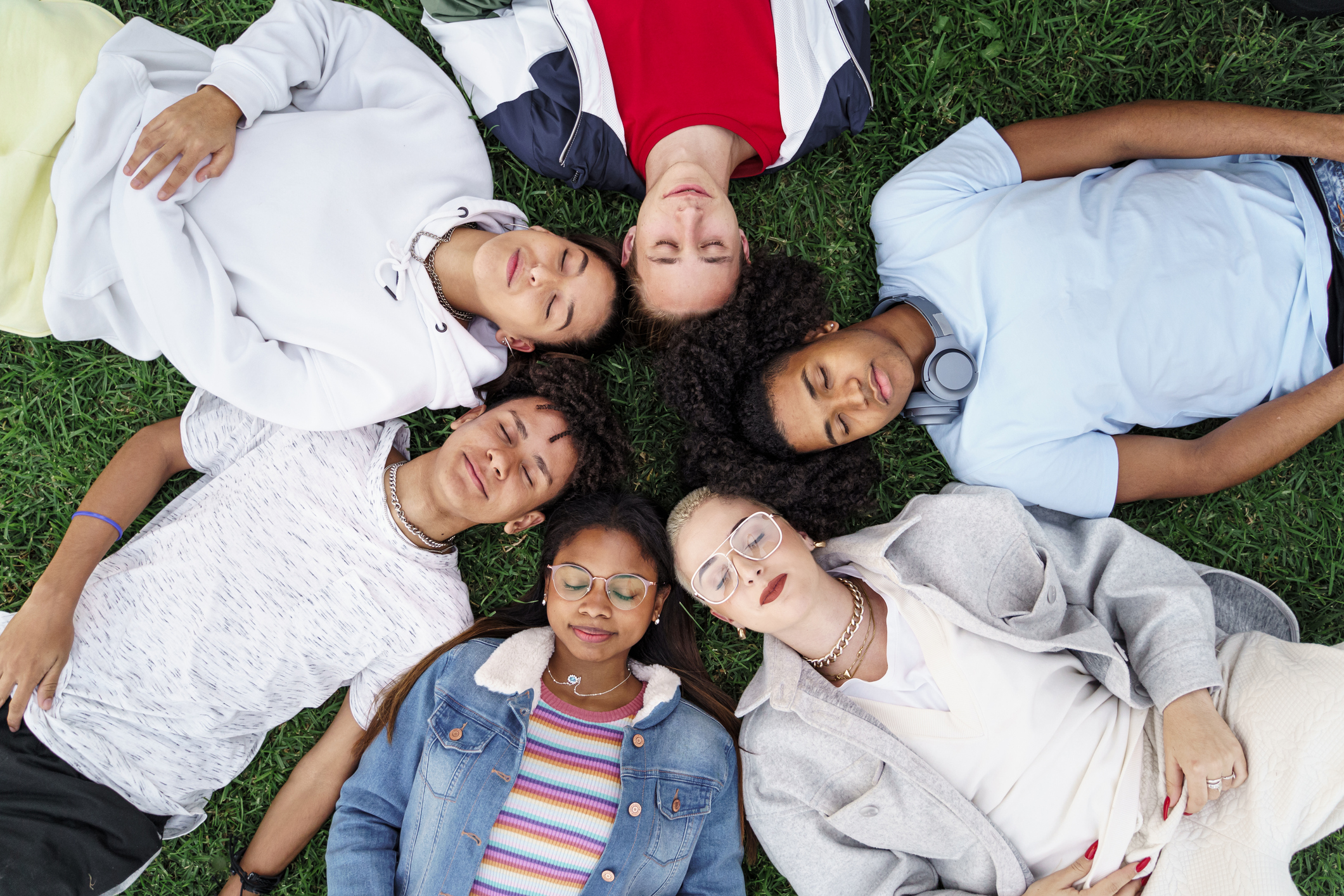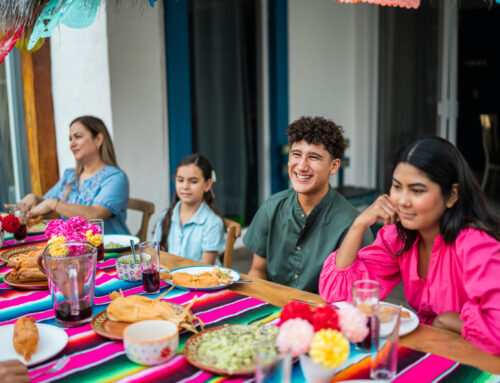Mindfulness for Teens: Tools to Help Manage Stress Without Turning to Alcohol

School pressure. Friend drama. Comparing yourself to others on social media. It’s no surprise that stress is a big part of being a teen today.
When the pressure feels like too much, teens may try to deal with stress by engaging in underage drinking. They may drink alcohol to feel more relaxed, to fit in with friends, or to block out tough feelings.
But using alcohol can make stress worse. Underage drinking affects a teen’s brain development and future opportunities.
Teens are more likely to say no to drinking alcohol if they know and use healthy coping strategies. One of the best ways for teens to manage stress is by practicing mindfulness.
What Is Mindfulness, and Why It Matters for Teens
Mindfulness is a technique that requires you to focus your attention on the present moment to create a sense of calm. By doing so, you are
- noticing physical sensations
- not judging thoughts that may come
- learning to release worrisome or unhelpful thoughts.
It’s like pausing all the noise and just noticing how you feel in the moment.
Mindfulness for teens can build strong, healthy habits that protect against stress, anxiety, and peer pressure. Instead of reacting too fast or getting overwhelmed, mindfulness teaches teens how to slow down so they can make thoughtful choices from a place of calm rather than reacting impulsively to a stressful situation or feeling.
How Mindfulness Helps Prevent Underage Drinking
Better Self-Awareness
Mindfulness helps teens notice early signs of stress, sadness, or pressure to drink alcohol. When you can name what you’re feeling, it’s easier to deal with it in healthy ways.
Stronger Emotional Control
Mindfulness teaches teens to sit with hard feelings like anger or anxiety instead of pushing them away or numbing them with alcohol. It creates space between a feeling and a reaction, helping teens choose how they respond.
More Self-Control
When teens are more mindful, they can stop and think before acting. This is a big help when they feel the urge to do something risky, like drinking just to fit in.
Confidence to Say No to Peer Pressure
Mindfulness supports healthy decision making, even when it’s tough. Teens who practice mindfulness feel confident and committed to their values. This makes it easier to resist peer pressure.
Mindfulness gives teens a way to stay grounded, even when life feels out of control. And when parents practice the same techniques, they model these healthy habits and create a calmer home environment. This provides teens a stable space to relax that’s away from external pressures — a place where everyone feels safe to share and grow.
3 Mindfulness Tools for Teens
1. Mindful Journaling or Drawing
Keeping a journal is a powerful way for teens to relax and process emotions. Mindful journaling, doodling, or coloring offers a safe space to express feelings, reduce stress, and release frustrations. A journal doesn’t need to be fancy: scrap paper or a $1 notebook works.
2. Exercise
Whether it’s taking a walk or a swim, shooting baskets, or trying out yoga, moving the body creates a natural rhythm for managing stress. Mindful exercise is especially helpful as a healthy coping strategy. Encourage teens to commit to an exercise routine.
3. Mindfulness Apps
Today’s teens are already on their phones—so why not use that screen time to build healthier habits? From mindfulness and journaling to mood tracking, a variety of apps make it easy for teens to practice emotional wellness anytime, anywhere.
The Community Resiliency Model®: Self-Regulation for Real Life
The Community Resiliency Model® (CRM) teaches teens how to shift their stress responses in real time. It helps teens understand the biology of stress and how to put the brakes on their nervous system in order to be their best selves.
Practicing the CRM involves simple, easy-to-use wellness skills that help enable you to stay clear-headed and emotionally steady. This program equips teens to handle life’s challenges by first teaching them about the Resilient Zone.
The Resilient Zone is a state of well-being in the mind, body, and spirit. When in the Resilient Zone, one is able to handle the stressors in life. When in the Resilient Zone, you can have a wide range of emotions and still be okay. You can be annoyed or even angry, but not so angry you feel like you are going to lose your head. You can also feel upset or sad, but not so sad you feel like pulling the shades and crawling into bed for days at a time.
However, sometimes stressful things happen that can bump you out of your Resilient Zone into what is known as the High Zone, leaving you feeling anxious, agitated, or overwhelmed, or into the Low Zone, leaving you feeling numb, disconnected, or shut down. The goal of CRM is to help you widen your Resilient Zone to have a greater capacity to manage day-to-day stressors and be your best self.
To learn CRM, teens can use the free iChill app, which walks users through six CRM skills that can be woven into your daily routine to widen your Resilient Zone, or used when bumped out of the Resilient Zone. These wellness skills are simple, free, and don’t require a therapist or expert.
CRM is a powerful tool to manage the effects of stress that is proven to support mental wellness. Pairing CRM with other strategies can help teens stay emotionally steady, make healthy choices, and feel more in control of their lives.
Tools for Parents: Support, Not Control
Simply put: your own mindfulness matters, not just your child’s. One study found that teens whose mothers completed mindfulness training were less likely to turn to substance use over time.
Instead of trying to control every outcome, parents should focus on modeling healthy responses to stress and emotions. When parents are able to regulate their own nervous system in times of stress, they are better prepared to help their teens do the same, a process known as co-regulation. Using healthy coping strategies can help parents stay regulated during difficult conversations, helping to create a safe, nurturing environment that supports teens’ growth and development.
Start Small and Start the Conversation
As a family, you can explore mindfulness and CRM together and strengthen your connection. Practicing just a few minutes a day can build habits that make it easier to stay calm, focused, and balanced, even when under stress.
Looking for ways to start the conversation about underage drinking? Explore parental resources and find tools to create an open, judgment-free space in your home. Start the conversation today!



